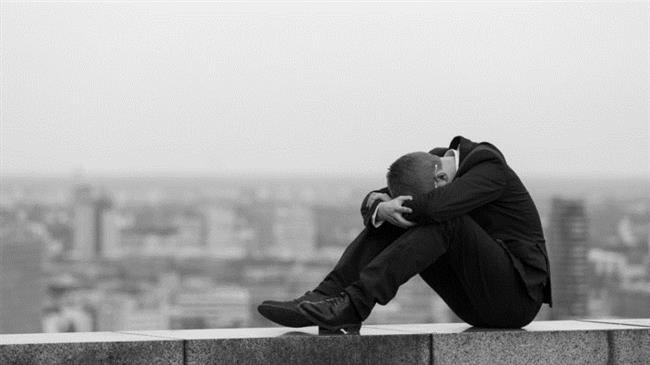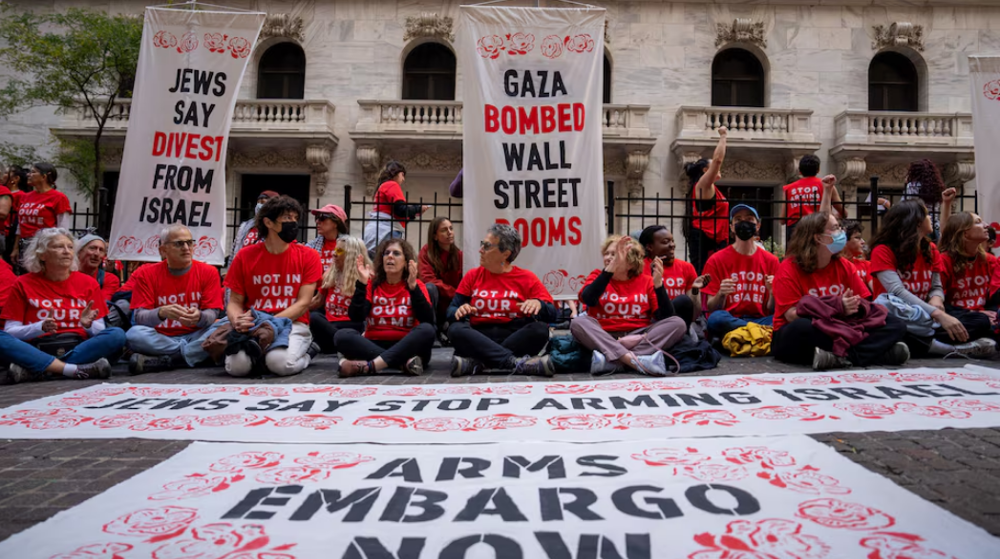Rise is mental distress after coronavirus outbreak
Suicide hotlines across the United States have been reporting new increases in the number of suicide calls since the outbreak of the coronavirus in the country.
According to The Hill on Friday, a Boston help line said it received about 350 calls a day over the last week.
The nonprofit group Samaritans said it had a hundred more calls than were re typical on a given day.
The national Crisis Text Line speaker told the Boston Globe they had handled 6,000 conversations last week, about twice as many as usual.
Suicide threats or attempts in Portland had jumped 41 percent over the same period last year, according to police Chief Jami Resch.
In North Dakota, FirstLink -- a nonprofit organization that runs a national suicide prevention hotline -- said call volumes have spiked 300 percent.
In New York, Gov. Andrew Cuomo announced this week more than 8,600 mental health experts had already volunteered to help those in distress.
The Hill reported that experts believe the rise in suicides was just one piece of a growing mental health crisis that has come with the fear of the epidemic.
"There's an epidemic of loneliness in the Untied States. Loneliness is such a risk factor to your health," said Richard Schwartz, a psychotherapist who heads the Illinois-based IFS Institute. "This obviously has the effect of increasing that, especially for people who live alone, and more especially for people who live alone and are already lonely and who don't have a lot of loved ones left."
To add to the distress, millions of jobs in the US have been lost in the last month alone as restaurants and retailers shut down.
People have been isolated due to social distancing polices meant to slow the virus's spread, which has contributed to an already existing trend of increased loneliness in the population that had led to its own epidemic of early death across the country.
Prior to the coronavirus outbreak suicide rates had already been rising in the US, especially in the female population.
US study suggest that US communities with high levels of social isolation, which is based on the levels of single-person households, unmarried residents and transient residents, had higher rates of suicide.
The presence of gun shops and a lack of medical insurance, especially among war veterans, were was also associated with the increase in suicide rates.
The coronavirus outbreak has spread across the globe, disrupting the livelihood of people in all countries.
VIDEO | Press TV's news headlines
Iranian satellites launched into space as private sector debuts in space industry
VIDEO | Iran, Azerbaijan conduct joint maritime rescue operations
VIDEO | Yemen’s Red Sea divide: Naval forces block Israeli-linked ships in strategic ‘parting of the water’
VIDEO | Southern Gaza: Israel’s facade for famine and suffering
VIDEO | IOF hampering humanitarian aid
VIDEO | Sharmahd: Justice Done
Iran repeatedly warned Israel not to test its will: FM












 This makes it easy to access the Press TV website
This makes it easy to access the Press TV website